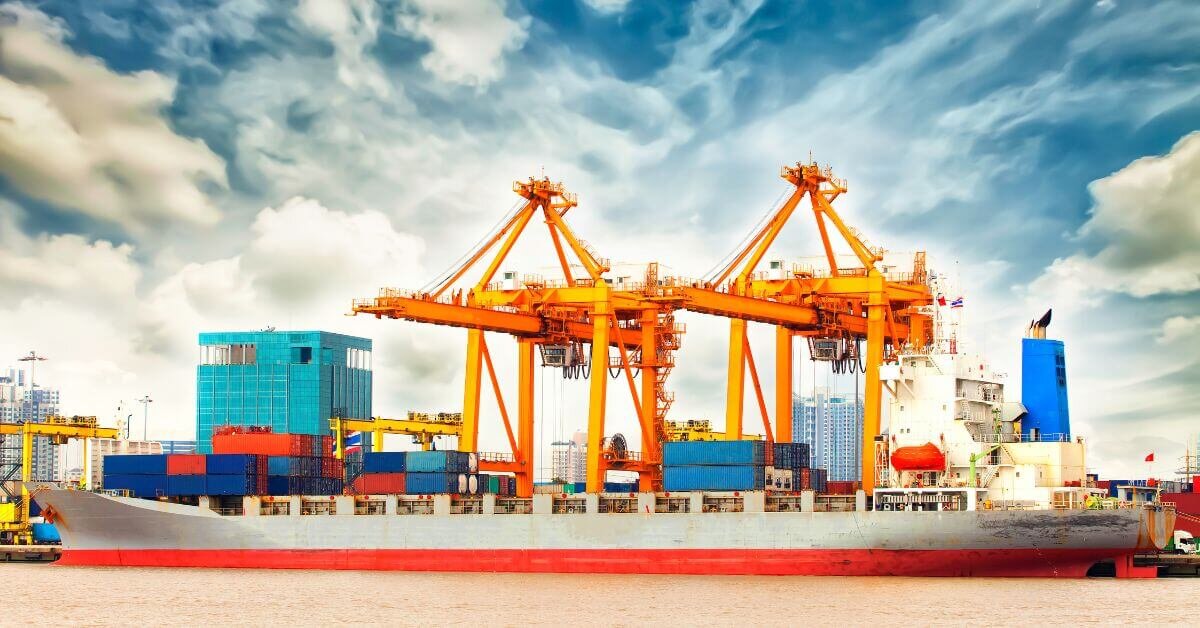According to a recent publication by the Maritime Just Transition Task Force (MJTTF), the shipping sector is set to embrace a groundbreaking training framework aimed at equipping seafarers with essential skills for operating vessels powered by alternative fuels such as ammonia, hydrogen, and methanol.
This innovative framework will be supplemented with comprehensive instructor handbooks tailored to various levels of seafarer experience—from newcomers to seasoned professionals. The MJTTF also plans to introduce guidelines that will benefit both maritime personnel and shore-based staff who fall outside the scope of the International Convention on Standards of Training, Certification and Watchkeeping for Seafarers established in 1978.
The initiative aims not only to assist maritime authorities in crafting effective training programs but also in establishing robust certification processes and competency validation systems. These systems will encompass diverse educational methods including classroom instruction, simulation exercises, and practical sea-line training.
Furthermore, maritime education institutions are expected to enhance their curricula and teaching methodologies significantly. Shipping companies will receive guidance on improving their onboarding processes as well as updates to safety management systems.
This project aligns with ongoing efforts by the International Maritime Organization (IMO) regarding revisions of the 1978 STCW standards. It aims to clarify the competencies required for seafarers involved in decarbonization initiatives while contributing valuable insights during discussions at IMO’s Sub-Committee on Human Element, Training and Watchkeeping.
The MJTTF was established four years ago during COP26 through collaboration among key organizations including the International Chamber of Shipping (ICS), International Transport Workers’ Federation (ITF), United Nations Global Compact, International Labour Organization (ILO), and IMO itself.





